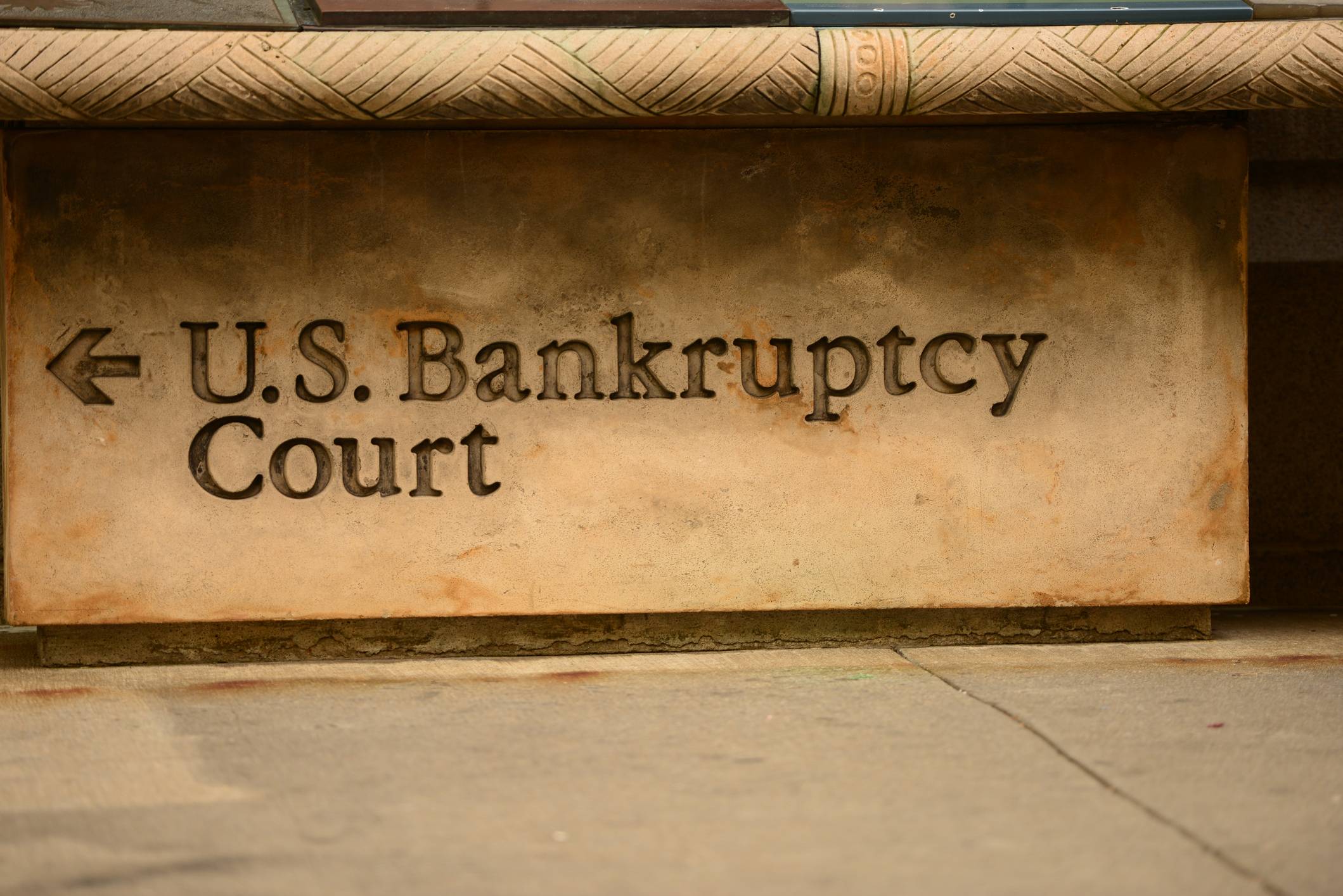
When a serious dispute arises in a bankruptcy case, an adversary proceeding may be started. This is a separate lawsuit in bankruptcy court that may be initiated by creditors, the debtor or the bankruptcy trustee to accomplish an objective that cannot be achieved by filing a motion. The underlying bankruptcy case will not close until the adversary proceeding concludes by settlement or by court order.
There are multiple issues for which an adversary proceeding might be brought, such as the following:
- Objections to debt discharge — Under certain circumstances, a creditor can challenge whether a debt should be discharged. Furthermore, if a debtor has committed fraud or is in violation of a court order, the bankruptcy trustee or creditors may object to discharge of all debts.
- Fraudulent transfers — If a debtor transferred assets or property to another person within two years of filing for bankruptcy, the trustee may take action to void the transaction and recover the property for use in paying back creditors. In addition, the trustee or a creditor may initiate an adversary proceeding that alleges the debtor incurred the debt by fraud.
- Preferential transfers — Certain repayments that the debtor made in the 90-day period prior to filing for bankruptcy may be challenged by the trustee as preferential treatment of some creditors over others. The look-back period is one year for payments made to family, friends, business partners and other people closely connected to the debtor.
- Jointly owned property — An adversary proceeding may be required to divide the debtor’s interest in property from that of a co-owner. This may include a sale of the property and division of proceeds.
- Automatic stay violations — In some cases, a debtor may file an adversary proceeding. For example, if a creditor violated the automatic stay prohibiting collection efforts after the bankruptcy is filed, the debtor may be entitled to recover actual damages, costs and attorneys’ fees.
Contested matters often arise during the course of a bankruptcy proceeding that do not require filing a separate action. For instance, if a debtor in a Chapter 13 bankruptcy seeks to convert second mortgages on their home into unsecured debts, an adversary proceeding might not be necessary unless the affected creditors object. The judge in the main case has the authority to convert a contested matter into an adversary proceeding if deemed appropriate.
Bankruptcy can seem overwhelming but it need not be so if you have an experienced attorney on your side who can guide you through the process. Jeff Field & Associates helps clients throughout the Atlanta metropolitan area in all aspects of bankruptcy proceedings. We have offices in Athens, Douglasville, Gainesville, Lawrenceville, Marietta and Scottdale. To schedule an appointment, call 404-381-1278 or contact us online.
Please fill out the form below and one of our attorneys will contact you.





